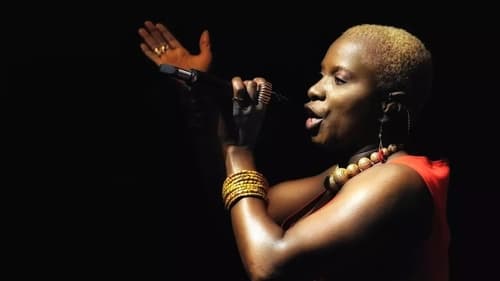Les Accords de Bella
Жанр :
Время выполнения : 52М
Директор : David Constantin
Краткое содержание
There are more than 500 accordions for 35,000 people. Polkas, mazurkas and waltzes are part of the history and mestization of an island forgotten by all for a very long time. Here, the accordion is not a forgotten instrument, quite the contrary; its sound mixes with African drums so that young and old can dance. With Philippe Imbert's help, a French craftsman, the Rodrigues Accordion Association has set out on a new adventure: Making their own accordion. The first one, the prototype, completely made on the island, is called Bella




